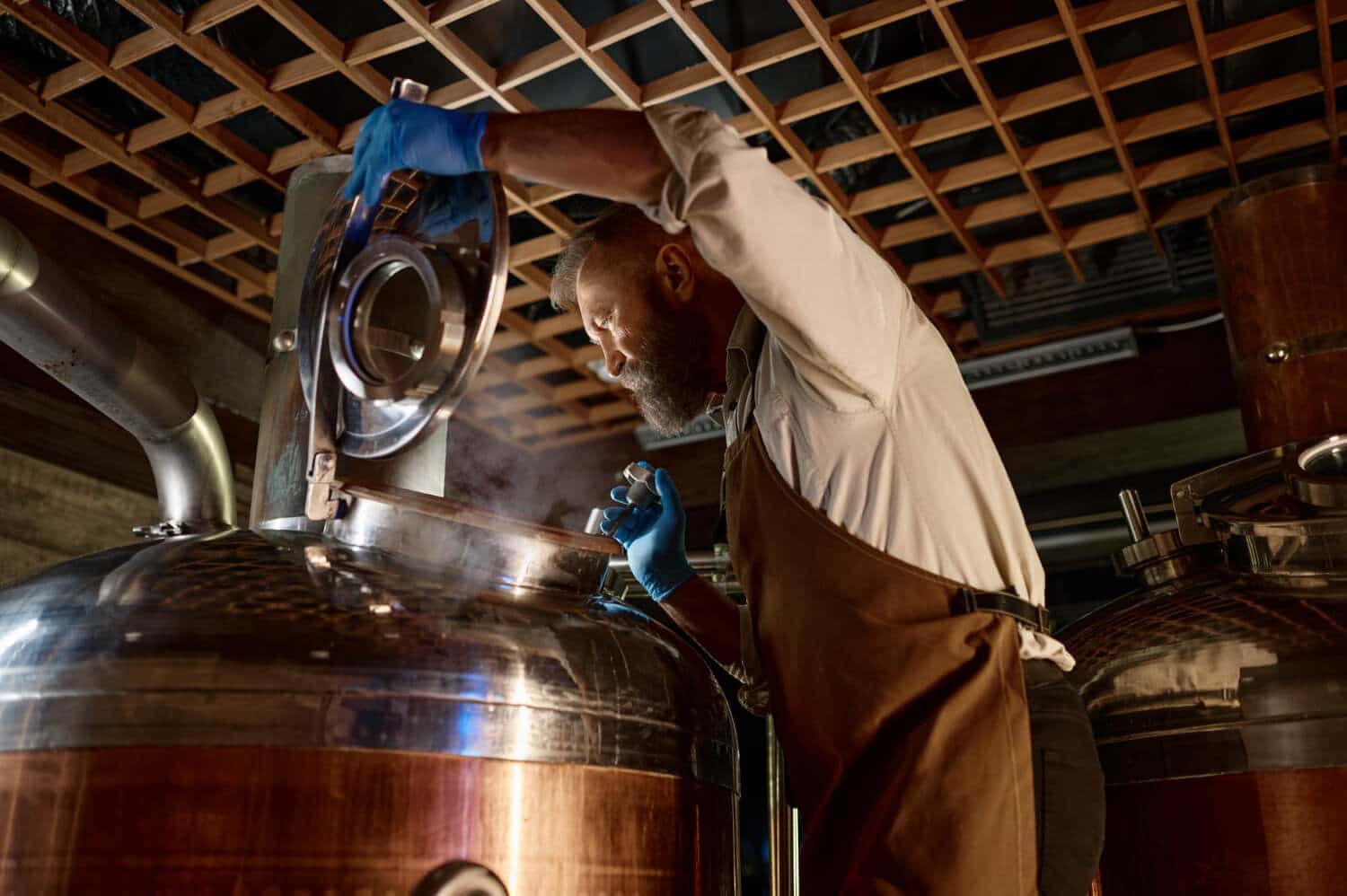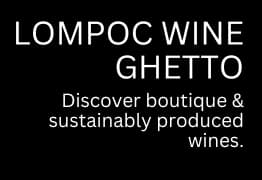Minimal intervention wine, which is sometimes referred to as natural wine, is the approach to winemaking emphasizing a hands-off approach, allowing nature to take its course throughout the fermentation process. Unlike more conventional winemaking methods that may involve additives and technological interventions, minimal intervention wine seeks to showcase the purest expression of the grapes and the terroir from which they originate. It’s also exceptionally delightful to sip.
What is Minimal Intervention Wine?
Minimal intervention wine, at its core, is a philosophy that sets forth the idea of letting the grapes speak for themselves. This minimizes human intervention in the winemaking process, avoiding the use of additives like commercial yeast, enzymes, and excessive sulfites. Instead, natural winemakers rely on wild, indigenous yeasts present on the grapes and in the winery environment, allowing for a slower and more authentic fermentation process.

Key Characteristics of Minimal Intervention Wine
Hands-Off Fermentation: One of the classic features of minimal intervention wine is the use of wild yeasts for fermentation. This natural approach imparts a unique and diverse range of flavors and aromas to the wine, reflective of the vineyard’s specific environment.
Unfiltered and Unfined: Unlike more conventional wines, which may undergo filtration and fining to achieve clarity, minimal intervention wines are typically left unfiltered and unfined. This preserving the wine’s natural, cloudy appearance and retains more of the grape’s character.
Low Sulfur Levels: While some sulfur dioxide (SO2) is a natural byproduct of fermentation, minimal intervention winemakers use minimal amounts of added sulfites, if any. This allows the wine to express itself without the influence of excessive preservatives.
Emphasis on Terroir: Natural winemakers believe in the importance of terroir, the unique combination of soil, climate, and grape variety that gives each wine its distinct personality. Minimal intervention practices aim to preserve and showcase the terroir’s influence on the final product.
Minimal or low intervention wine represents a return to the basics of winemaking, prioritizing the integrity of the grape and the environment in which it’s grown. By embracing natural processes and avoiding unnecessary wine additives, these wines offer a deeper expression of the land and the winemaker’s philosophy.
Sources:
Isabelle Legeron, “Natural Wine: An Introduction to Organic and Biodynamic Wines Made Naturally” (2014).
Alice Feiring, “Naked Wine: Letting Grapes Do What Comes Naturally” (2011).
Jamie Goode, “Authentic Wine: Toward Natural and Sustainable Winemaking” (2011).





